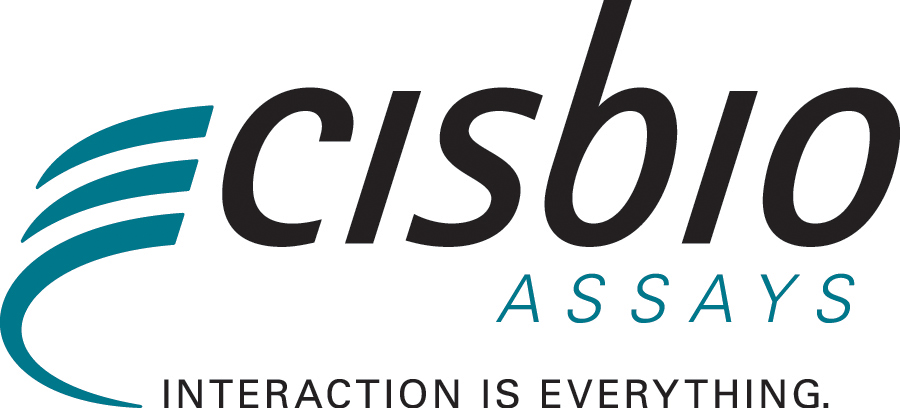- Time:
G protein-coupled receptors (GPCRs) have remained an inexhaustible target for drug discovery due to the innumerable biological processes they mediate—comprising almost 30% of the current drug market. Yet, obtaining GPCR subtype-selective drugs has proven difficult since the orthosteric site where the endogenous ligand binds are highly conserved across subtypes. It has become apparent that potentially all GPCRs possess allosteric binding sites that are topographically distinct to the location where the endogenous ligand binds, and are less conserved than orthosteric sites. Targeting such allosteric sites with small molecules (allosteric modulators) has several advantages over orthosteric drug discovery because there is a higher likelihood of attaining drug selectivity. Allosteric modulators also offer the potential for “fine tuning” of normal physiological signaling because they still allow for the endogenous agonist to bind to the receptor.
In this GEN webinar, our presenters will review experimental and analytical approaches for detecting and quantifying allosteric modulators. Moreover, the panelists will describe how such methods not only reinforce efforts to understand GPCR allostery, but can be exploited to boost this paradigm of drug action.
A live Q&A session will follow the presentations, offering you a chance to pose questions to our expert panelists including Terry Kenakin, professor in the department of pharmacology at UNC-Chapel Hill.
Who Should Attend
- Scientists interested in GPCRs
- Drug discovery researchers
- Investigators involved with allosteric drug development
- Biochemists
- Medicinal chemists
- Scientists interested in novel pharmacology paradigms
You Will Learn
- How allosteric modulation aids in the drug discovery process for GPCR therapeutics.
- A greater understanding of the mechanism of an allosteric modulator at the level of its action at a target receptor to be able to interpret its action in vivo.
- Methodologies for selecting and targeting appropriate allosteric sites.
Produced with support from:

Panelists

Meritxell Canals, Ph.D.
Monash Fellow, Monash Institute of Pharmaceutical Sciences

J. Robert Lane, Ph.D.
Laboratory Head, Monash Institute of Pharmaceutical Sciences

Terry Kenakin, Ph.D.
Professor, Department of Pharmacology
UNC-Chapel Hill



